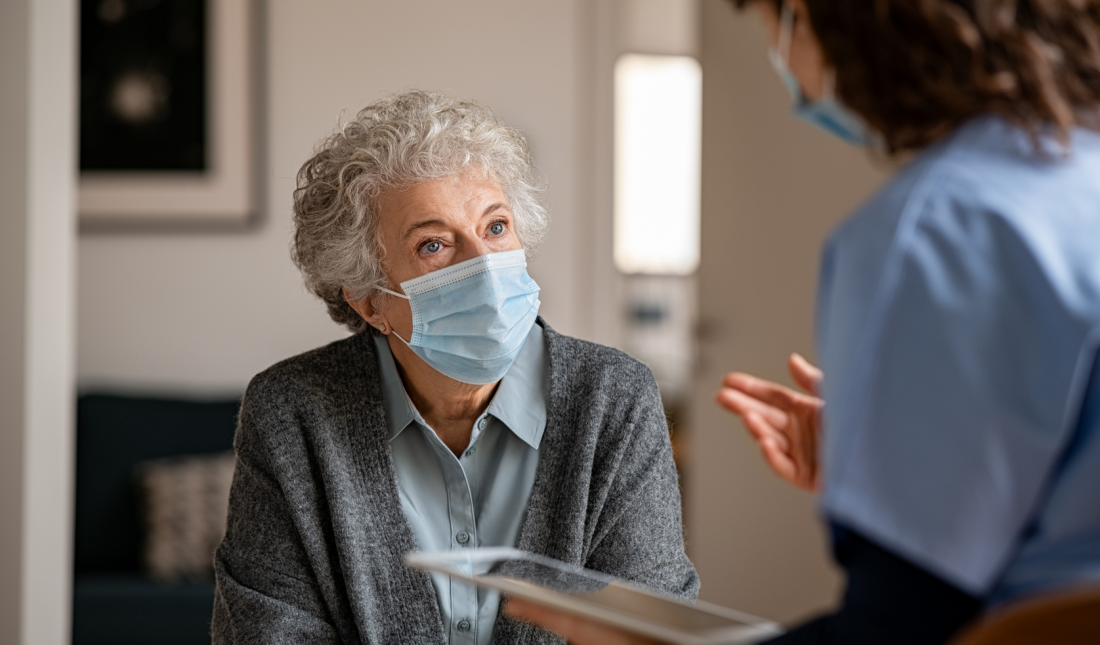The first results of the pilot phase of the TEC-MED project in Italy reported the satisfaction of older people with the number of hours of care provided

The TEC-MED project started its pilot phase in Italy on April 4th, 2022. This phase aims to assess the caring and social conditions of a final beneficiary’s sample and to promote interventions to improve their conditions. The final beneficiaries are represented by the elderly and their caregivers. The sample has been grouped into an intervention and control group with a proportion rate of 4:1.
All the final beneficiaries received a baseline assessment performed by the training agents. In Italy, all the training agents are registered, nurses. During the baseline assessment, the training agents assess the final beneficiaries’ conditions from a holistic point of view evaluating their physiological, psychological, and social spheres. On the basis of the final beneficiary’s assessment, training agents identified some possible final beneficiary’s problems related to physiological, psychological, or social aspects and suggested or performed some interventions in the intervention group.
Most interventions were educational and directed to improve the self-care and empowerment of the final beneficiaries, their socialization, and the use of healthcare services while others were to improve the health literacy of the final beneficiaries. Some interventions were also specifically directed to the elderly’s caregivers to improve their resilience and knowledge in caregiving activities and their responsibilities towards the elderly.
As the very first results of the pilot phase of the TEC-MED project in Italy, final beneficiaries reported satisfaction with having feedback from a healthcare professional (i.e., the TA) about resources to be activated and having more hours of ‘assistance’, indeed the number of assistance hours provided by the healthcare system is often not adequate for these people. Furthermore, caregivers reported that they improved their knowledge about the healthcare services that can be activated and that it was important to have a contact person as the training agent that they could contact to ask for health and social information.
However, the final results of the training agents’ interventions will be provided after the end of the pilot phase, which is planned for the end of 2022. Indeed, the design of the pilot study provides follow-ups after the baseline assessment; final beneficiaries will be reassessed after three (1st follow-up) and six months (2nd follow-up), and the training agents could reinforce or promote other interventions.
Therefore, only the analysis of the data collected after the end of the study will provide evidence of the effectiveness of the training agents’ interventions on the final beneficiaries’ conditions.







